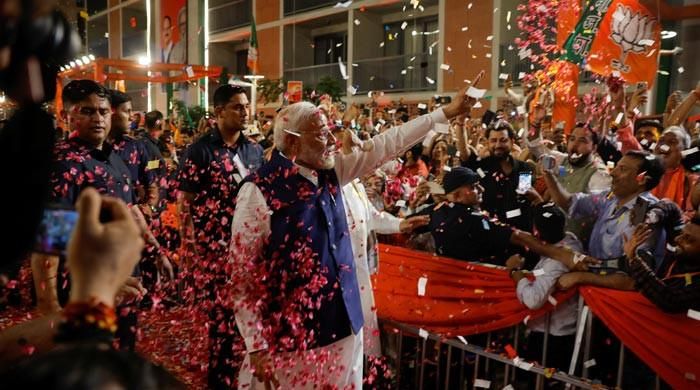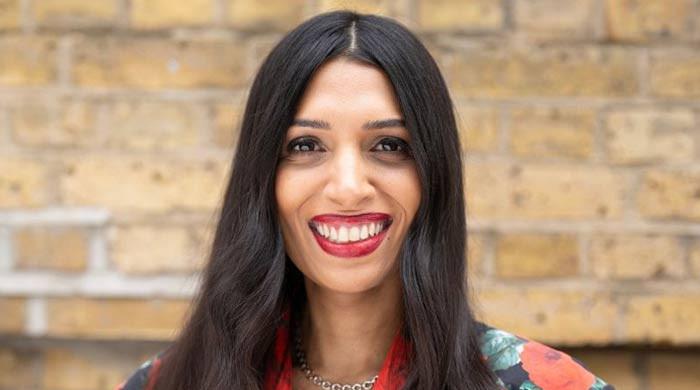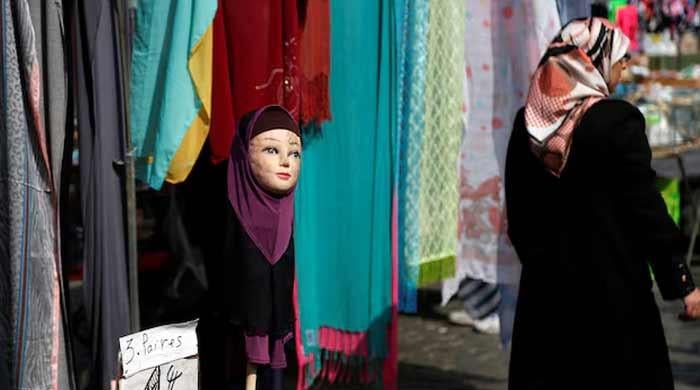- Modi's alliance was heading towards a narrow majority.
- The prospect that Modi would have to rely on allies spooked markets.
- The BJP's numbers were probably affected by poor results in Uttar Pradesh.
Indian Prime Minister Narendra Modi appeared poised Tuesday to retain power at the head of a ruling coalition, but his Hindu nationalist party lost its overall majority for the first time in a decade as voters defied predictions of another landslide victory.
The result unsettled investors, and stocks fell sharply as emerging results showed that Modi, for the first time since coming to power in 2014, would depend on at least three disparate regional parties whose political allegiances have wavered over the years. the years.
This, analysts say, could introduce some uncertainty into policymaking in the world's most populous democracy after a decade in which Modi has ruled with a heavy hand.
Modi's Bharatiya Janata Party (BJP) won a majority on its own in 2014, ending the era of unstable coalition governments in India, and repeated the feat in 2019.
Modi said people had reposed faith in the BJP-led coalition for the third time and it was historic, in his first comments since vote counting began.
“The blessings of the people for the third time after 10 years boost our morale and give new strength,” Modi told cheering BJP members at the party headquarters in New Delhi.
“Our opponents, despite being united, could not even win as many seats as the BJP won.”
Vowing to work harder and make “big decisions,” Modi listed electronics, semiconductors and defense manufacturing, renewable energy and agricultural sectors as areas of special focus in his third term, without elaborating.
The blue-chip NIFTY 50 and the S&P BSE Sensex fell about 6% each, recording their steepest fall on an election results day since 2004, when a BJP-led coalition lost power, as foreign institutional investors sold a record 124.36 billion rupees ($1.5 billion) in shares.
It was also the worst session since March 2020 for both blue-chip indices, when markets plunged due to COVID-19 lockdown restrictions. The rupee also fell sharply against the dollar and benchmark bond yields rose.
Markets had soared on Monday after June 1 exit polls projected Modi and the BJP to record a big victory, with the ruling National Democratic Alliance (NDA) seen winning a two-thirds majority or further.
At 1615 GMT, television channels showed that the NDA was ahead in about 290 of the 543 elective seats in the lower house of parliament, where 272 is the overall majority, and the count was nearing its end.
Full results are likely to be released later Tuesday evening.
They showed that the BJP accounted for around 240 of the seats in which the NDA led, compared to the 303 it won in 2019.
bad presentation
Two key regional allies in the NDA have backed Modi as the next prime minister, rejecting local media speculation that they could be wavering in their support or possibly switching sides.
The Telugu Desam Party (TDP) and Janata Dal (United) said their pre-poll alliance with the BJP was intact and they would form the next government.
The BJP's numbers were likely affected by the party's poor showing in the country's most populous state, Uttar Pradesh, which also sends 80 lawmakers to parliament.
The party was leading with 33 seats in the state, up from 62 there in 2019, and analysts said day-to-day problems had overshadowed the BJP's appeal to the Hindu majority.
A grand temple to the Hindu god king Lord Ram that Modi inaugurated in January did not boost the BJP's fortunes as expected, they said.
The opposition alliance INDIA, led by Rahul Gandhi's centrist Congress party, was leading with more than 230 seats, more than expected.
Congress alone was leading with nearly 100 seats, almost double the 52 it won in 2019, a surprise jump that is expected to improve Gandhi's position.
“The country has clearly and unanimously stated that we do not want Narendra Modi and Amit Shah to be involved in running this country, we do not like the way they have run this country,” Gandhi told reporters, referring to Modi's powerful number . two, Home Minister Shah. “That's a huge message.”
Gandhi said Congress would hold talks with its allies on Wednesday and decide on a future course of action, when asked if the opposition would try to form a government.
Markets in panic
Investors had cheered the prospects of another Modi term, hoping it would deliver more years of strong economic growth and business-friendly reforms, but the margin of victory emerged as a concern during the count.
“The key question is whether the BJP can retain its single-party majority. If not, could its coalition deliver economic development, particularly infrastructure?” said Ken Peng, head of Asia investment strategy at Citi Global Wealth in Singapore.
“There may be more expansionary fiscal policy to strengthen welfare and other expenditures of local governments,” he said.
Neelesh Surana, chief investment officer at Mirae Asset Mutual Fund, said the market had overreacted amid a sense of disbelief. “However, despite the verdict, there will likely be an underlying continuity in government policies,” he said.
Modi, 73, who first came to power in 2014 promising growth and change, was seeking to become only the second prime minister after India's independence leader Jawaharlal Nehru to win three consecutive terms.












